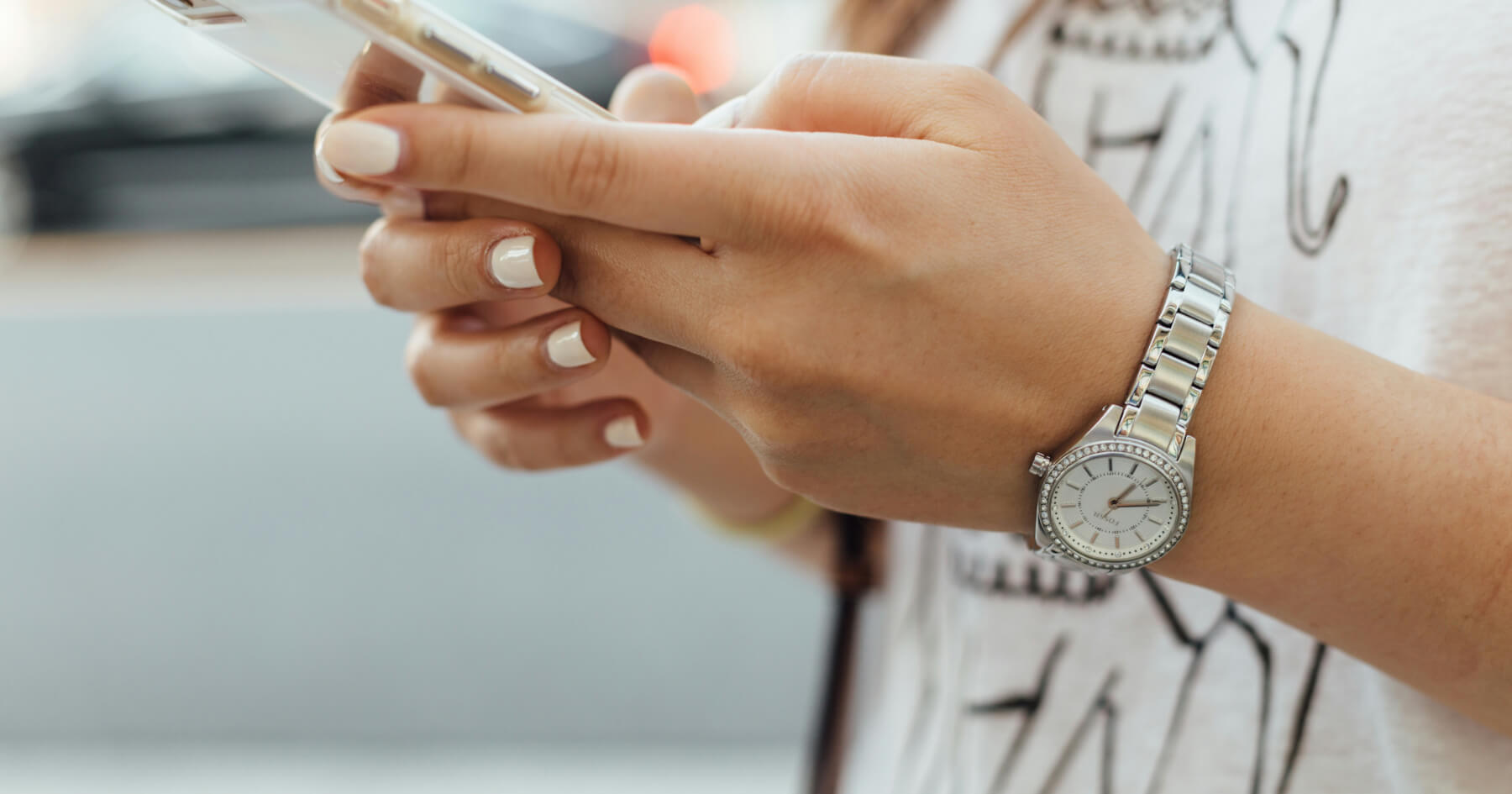The Impact of Smartphone and Social Media Addiction on Daily Life and How to Manage It

In modern society, smartphones and social media have become essential for staying connected, accessing information, and entertainment. Yet, as they become more integrated into our daily lives, more people find themselves struggling with smartphone or social media dependence. This article will delve into the impact of smartphone and social media addiction and explore effective methods to manage it.
Effects of Smartphone and Social Media Addiction
Excessive use of smartphones and social media has a range of effects on our mental and physical well-being. Let’s start by understanding these impacts.
1. Reduced Concentration
Many apps and social media platforms have built-in notification systems that draw users in constantly, making it easy to check smartphones even during focused tasks. This tendency can disrupt concentration, lowering productivity in both work and studies.
2. Mental Stress
Social media often prompts users to compare their lives to those of others, leading to “comparison fatigue.” Viewing friends’ or celebrities’ posts can make one feel as though they must achieve more, sometimes lowering self-esteem when self-comparisons fall short.
3. Impact on Sleep
Using smartphones before bed can worsen dependency issues. Blue light from screens stimulates the brain, delaying sleep onset and potentially leading to lower sleep quality. This can affect energy levels and performance the following day.
How to Break Free from Smartphone and Social Media Dependency
Managing smartphone addiction can be achieved by incorporating some simple strategies into daily routines.
1. Track and Limit Screen Time
Start by using your smartphone’s screen time feature to review daily usage patterns. Understanding how much time is spent on your phone each day is the first step. From there, set time limits for specific apps like social media or games to reduce impulsive use.
2. Turn Off Notifications
Notifications are designed to capture attention quickly. With sound or screen lighting, it becomes difficult not to check the device. By minimizing notifications, you can reduce the urge to reach for your phone, improving your focus and helping to manage dependency.
3. Set Digital Detox Days
Establishing a day (or weekend) as a “Digital Detox Day,” dedicated to disconnecting from smartphones and social media, can be highly beneficial. Spend time with friends or family, engage in hobbies, and enjoy quality, device-free time.
4. Engage in Analog Activities
For times when you need to step back from smartphones or social media, try reading, journaling, or sketching. Engaging in analog, hands-on activities can provide a refreshing break from screens and support mental relaxation.
Incorporating Digital Detox into Everyday Life
To break free from digital dependency, make small, gradual adjustments to your daily life. Start by limiting notifications, tracking screen time, and establishing a balance with analog activities or time in nature. These mindful steps can bring a refreshing reset to the mind and body.


